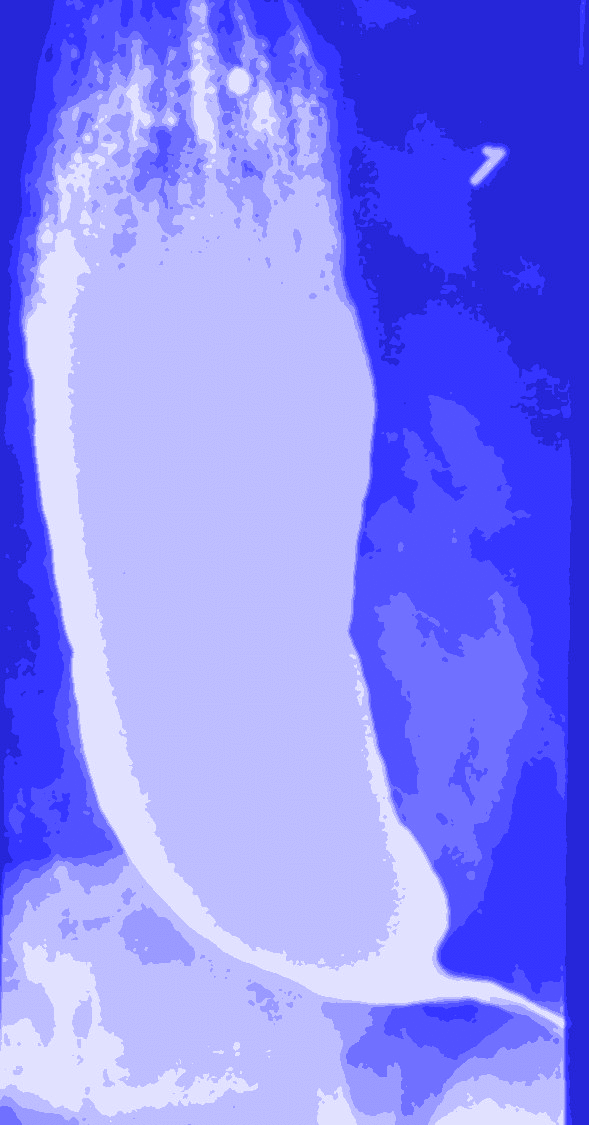Achalasia is an autoimmune disease
- Jan 6, 2015
- 1 min read
Researchers have long suspected that Achalasia is an autoimmune disease, but why the immune system responds as it does in Achalasia patients was a mystery. In a study published in the August 2014 issue of Nature Genetics, researchers stated,
"Although the cause is still unknown, an autoimmune mechanism has been proposed because circulating autoantibodies and inflammatory cell infiltrates in the myenteric plexus of affected individuals have been found."
This means that body is producing antibodies (proteins that identify a foreign substance in the body) to "normal" tissue and sending a message to start the protective response of the immune system. In the case of Achalasia, this response is causing inflammation of the nerves that communicate and control the function of the esophagus.
The scientists identified areas in the DNA called single-nucleotide polymorphisms (SNPs, pronounced "snips"), which are the most common type of genetic variation among people. Each SNP represents a difference in a single DNA building block. Most SNPs have no effect on health or development. However, when the SNP occurs in a particular area of a particular gene, they may play a more direct role in disease by affecting the gene’s function.
In this study, 33 SNPs were found to be associated with Achalasia. The important finding was that all 33 SNPs were found in same chromosome (packages of genes) also known to be associated with other autoimmune disorders, including multiple sclerosis, type 1 diabetes and lupus.





Comments